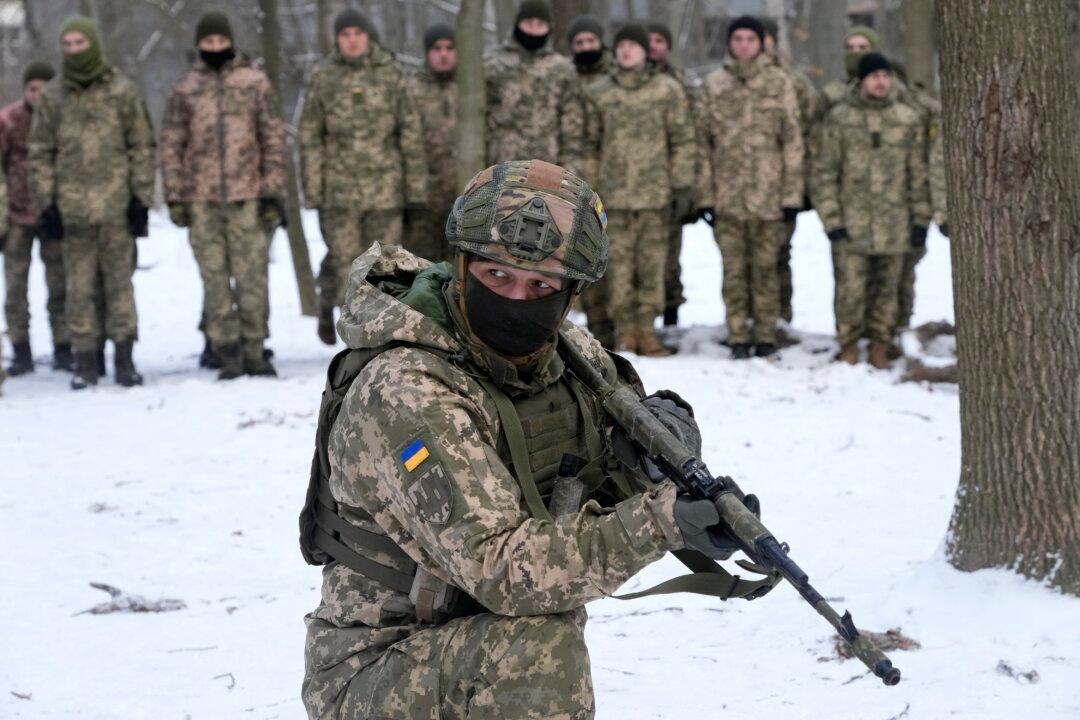Commentary
With more than 100,000 Russian troops amassed on the Ukrainian border, the UK government has announced that Prime Minister Boris Johnson will visit Eastern Europe as part of his efforts to negotiate peace in the region.

With more than 100,000 Russian troops amassed on the Ukrainian border, the UK government has announced that Prime Minister Boris Johnson will visit Eastern Europe as part of his efforts to negotiate peace in the region.